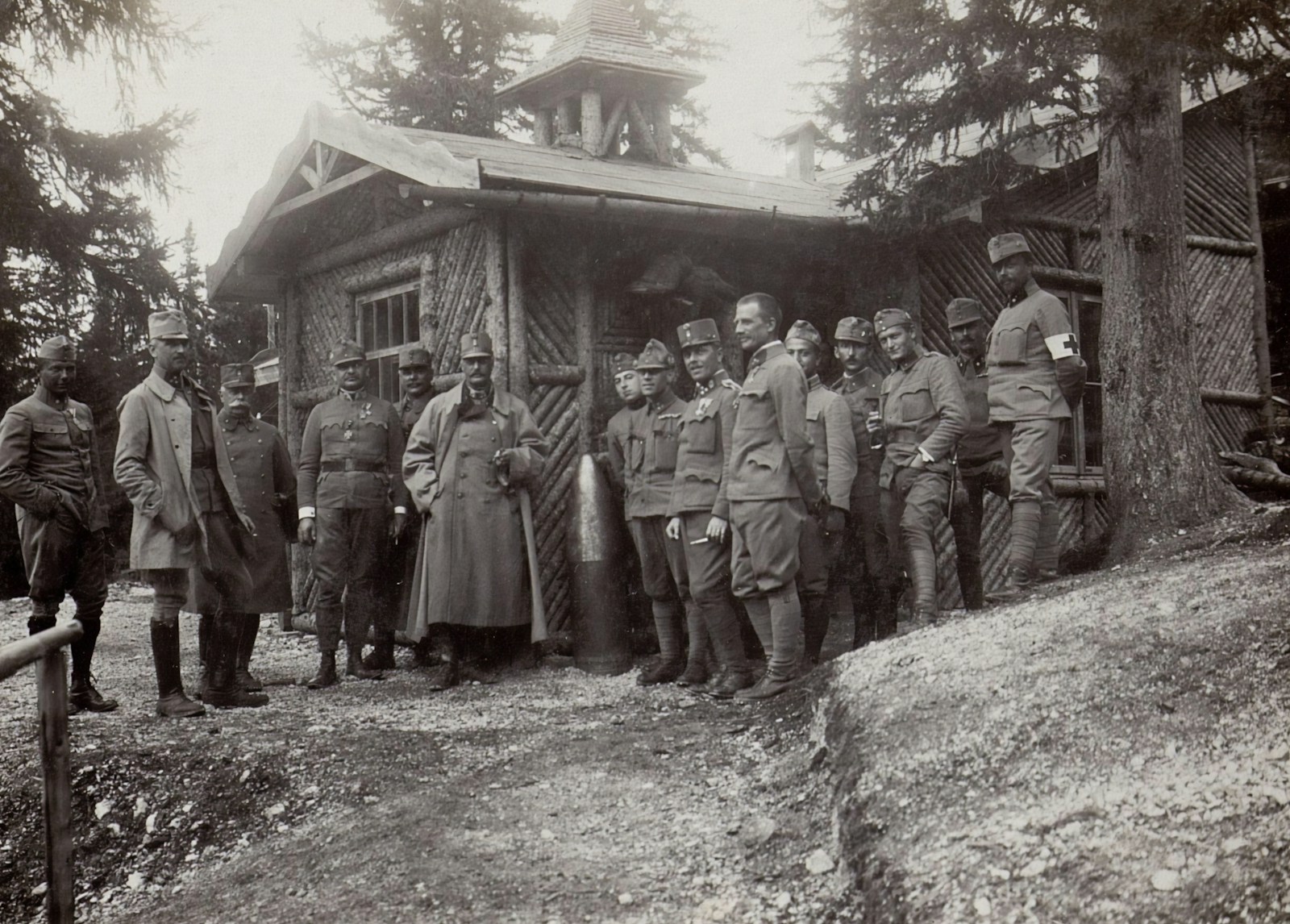
movilizar las tropas

mobilize troops
The Spanish phrase 'movilizar las tropas' translates to 'mobilize troops' in English. It is a verb phrase commonly used in military context or political discourses, referring to the action of preparing and organizing a group of soldiers (referred to as 'troops') and placing them in readiness for action or operations. The word 'movilizar' means to mobilize, set in motion or make something operational, and 'las tropas' refers to the troops, or group of soldiers.
Example sentences using: movilizar las tropas
El presidente decidió movilizar las tropas para mantener la paz en el país.

The president decided to mobilize the troops to maintain peace in the country.
This sentence is about a situation in which the president of a country makes the decision to mobilize the troops, with the aim of maintaining peace within the country. The verb 'decidió' which means 'decided', indicates a past action. 'Mantener', translating to 'maintain', is used here to express the purpose or objective of mobilizing the troops.
Para poder defender la ciudad, tuvieron que movilizar las tropas.

In order to defend the city, they had to mobilize the troops.
This phrase refers to a situation in which it was necessary to mobilize troops in order to defend a city. 'Defender', translating to 'defend', is used to highlight the purpose for troop mobilization. The verb 'tuvieron', which means 'they had', indicates the action is in the past tense.
Si no podemos movilizar las tropas a tiempo, el enemigo ganará terreno.

If we cannot mobilize the troops in time, the enemy will gain ground.
This sentence addresses a conditional scenario, outlined by the conjunction 'si' or 'if', where failing to mobilize the troops within an unspecified timely manner will result in the enemy 'gaining ground'. The verb 'podemos', meaning 'we can', is in present tense indicating a current capability or decision, while 'ganará' translating to 'will gain', suggests projected future action.